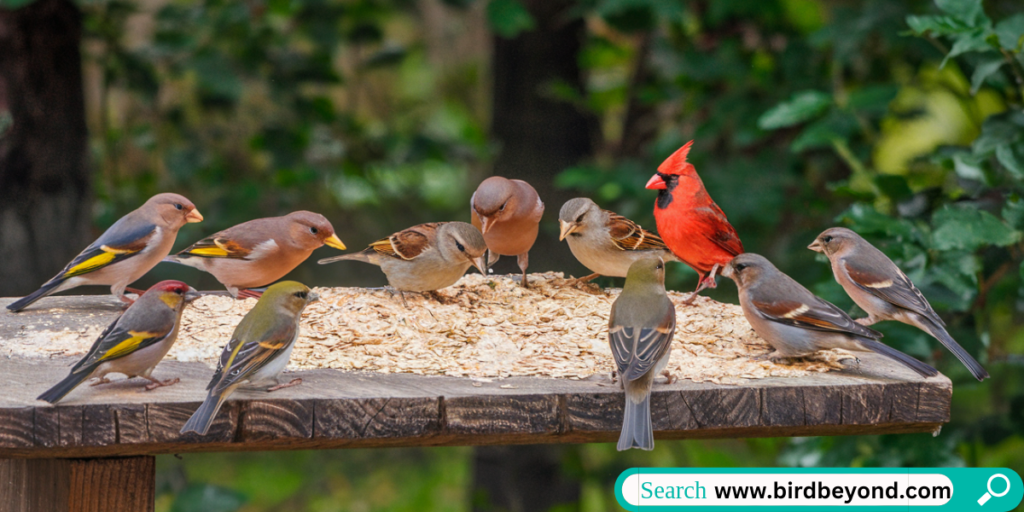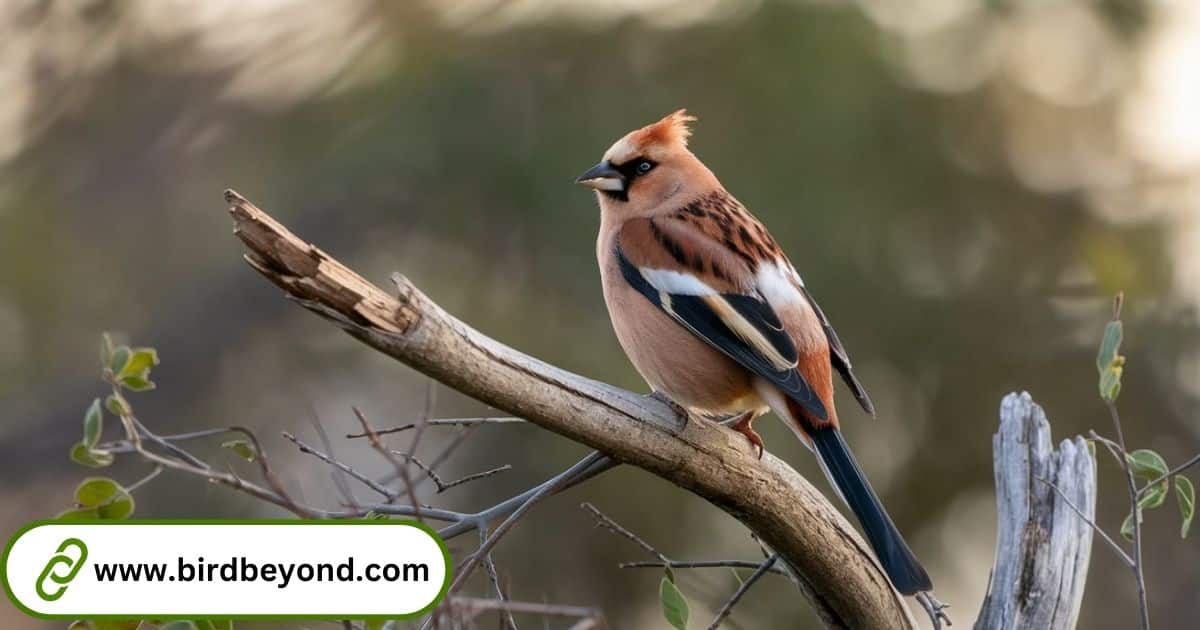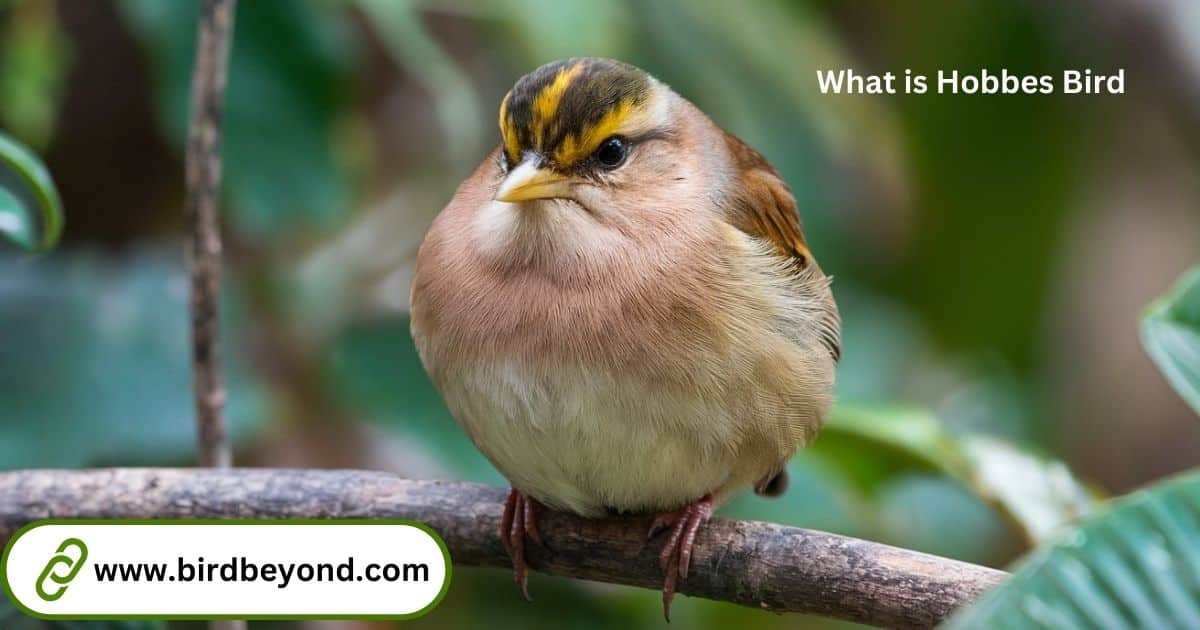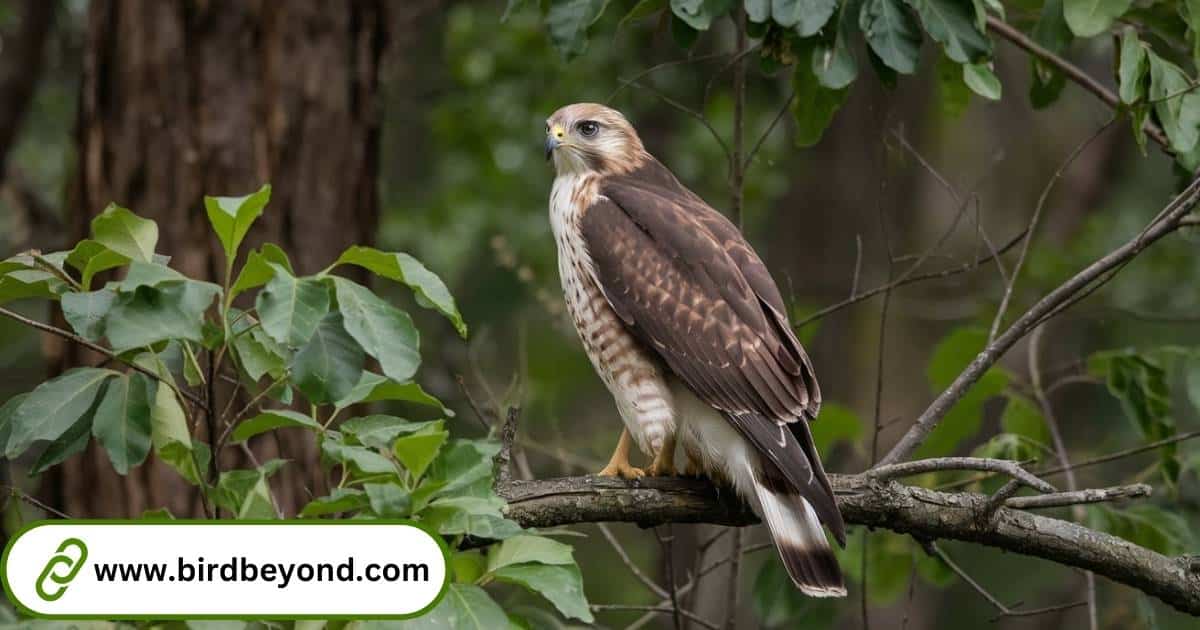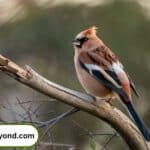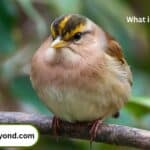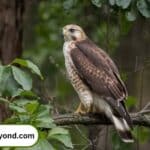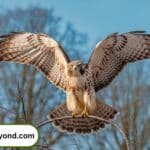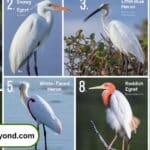If you’re an avid bird watcher or simply enjoy attracting wild birds to your backyard, you’ve probably wondered about the best foods to offer your feathered visitors. One question that often pops up is: Do birds eat oats? In this comprehensive guide, we’ll explore the world of oats as bird food, diving deep into the nutritional benefits, potential risks, and best practices for serving oats to wild birds.
I. Introduction: The Grain Attraction
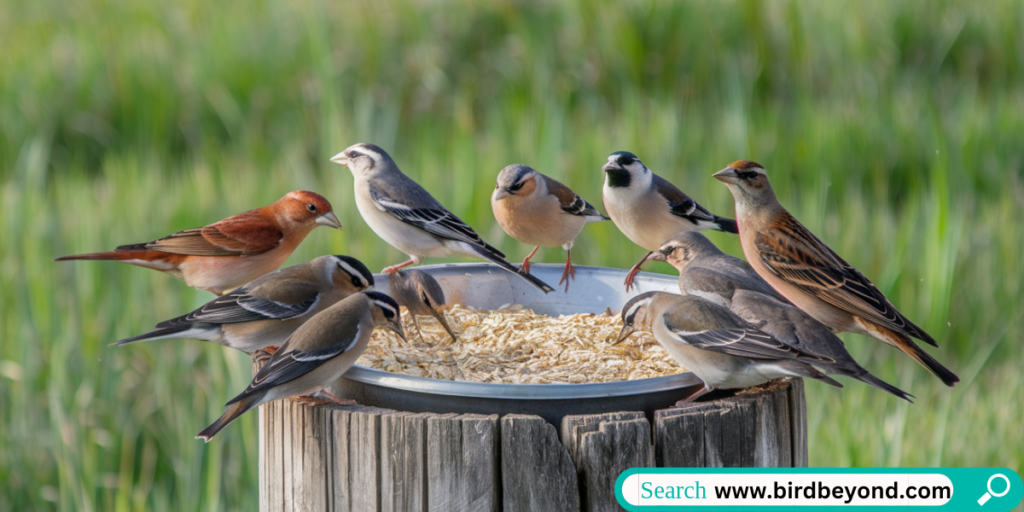
Birds are fascinating creatures with diverse dietary needs. In the wild, they forage for a variety of foods, including seeds, insects, fruits, and yes, even grains. Oats, being a nutritious and widely available grain, have caught the attention of many bird enthusiasts. But before we dive into the specifics of feeding oats to birds, let’s take a closer look at why oats might be an attractive option for our feathered friends.
Birds’ natural diet and foraging habits
Wild birds have evolved to consume a wide range of foods found in their natural habitats. Their diets can vary significantly depending on factors such as:
- Species
- Habitat
- Season
- Availability of food sources
For example, seed-eating birds like finches and sparrows primarily feed on various seeds, while insectivores like warblers and flycatchers mainly consume insects. However, many birds are opportunistic feeders and will adapt their diets based on what’s available.
Oats as a potential food source: What’s the buzz?
Oats have gained popularity as a bird food option for several reasons:
- Nutritional value: Oats are packed with essential nutrients that can benefit birds.
- Availability: They’re easily accessible and affordable for bird enthusiasts.
- Versatility: Oats can be served in various forms, making them suitable for different bird species.
- Natural appeal: Many wild birds are naturally drawn to grains like oats.
With this foundation, let’s explore whether birds can truly eat oats and how they might benefit from this grain.
II. The Oat Buffet: Can Birds Really Eat Oats?
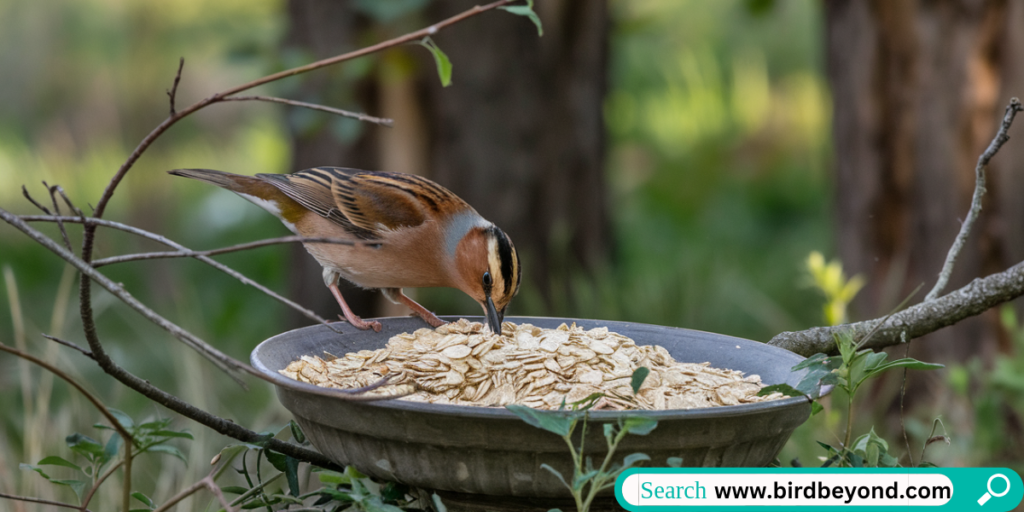
The short answer is yes, birds can eat oats. In fact, many wild birds enjoy oats as part of their diet. However, it’s essential to understand the nutritional aspects and potential benefits or risks associated with feeding oats to birds.
Nutritional breakdown of oats
Oats are a nutrient-dense grain that can provide several essential elements for birds. Here’s a breakdown of the nutritional content in 100 grams of raw oats:
| Nutrient | Amount |
|---|---|
| Calories | 389 kcal |
| Protein | 16.9 g |
| Fat | 6.9 g |
| Carbohydrates | 66.3 g |
| Fiber | 10.6 g |
| Iron | 4.72 mg |
| Magnesium | 177 mg |
| Phosphorus | 523 mg |
| Zinc | 3.97 mg |
| Thiamin (B1) | 0.763 mg |
| Riboflavin (B2) | 0.139 mg |
Benefits for birds: Energy, fiber, and minerals
Oats offer several potential benefits for wild birds:
- Energy boost: The high carbohydrate content provides quick energy for active birds.
- Protein source: Oats contain a decent amount of protein, which is crucial for muscle development and feather growth.
- Fiber content: The fiber in oats can aid in digestion and promote gut health in birds.
- Mineral richness: Essential minerals like iron, magnesium, and zinc support various bodily functions in birds.
- B vitamins: Oats provide B vitamins that are important for metabolism and overall health.
Potential risks and considerations
While oats can be beneficial, there are some factors to consider:
- Choking hazard: Whole oats might be too large for smaller birds to swallow safely.
- Digestibility: Some birds may have difficulty digesting raw oats.
- Overfeeding: Offering too many oats can lead to an unbalanced diet.
- Mold growth: Wet or damp oats can quickly develop mold, which is harmful to birds.
“Moderation is key when introducing oats to your backyard birds’ diet. Start with small amounts and observe how they respond.” – Dr. Avian Expert, Ornithologist
III. Oat Varieties: Not All Oats Are Created Equal
When it comes to feeding oats to birds, it’s crucial to understand that not all oats are the same. Different types of oats may be more or less suitable for our feathered friends.
Rolled oats vs. steel-cut vs. instant
- Rolled oats: These are oat groats that have been steamed and flattened. They’re a good option for birds as they’re easy to eat and digest.
- Steel-cut oats: These are whole oat groats that have been chopped into pieces. They’re harder and may be difficult for smaller birds to eat.
- Instant oats: These are pre-cooked, dried, and then rolled thin. While convenient for humans, they often contain additives that aren’t suitable for birds.
Raw oats vs. cooked: What’s safe for birds?
Generally, raw oats are safer for birds than cooked oats. Here’s why:
- Raw oats retain more of their natural nutrients.
- Cooked oats can spoil quickly, potentially harboring harmful bacteria.
- Raw oats are closer to what birds might encounter in their natural environment.
However, some birds may find raw oats difficult to digest. In such cases, slightly soaking the oats in water can make them more palatable and easier to consume.
Flavored and sweetened oats: A big no-no
It’s important to emphasize that flavored or sweetened oats should never be fed to birds. These products often contain:
- Added sugars
- Artificial flavors
- Preservatives
- Salt
All of these additives can be harmful to birds’ delicate digestive systems and overall health.
IV. The Oat-Loving Avian Club: Which Birds Gobble Oats?
Not all birds are equally enthusiastic about oats. Let’s explore which feathered friends are most likely to enjoy this nutritious treat.
Garden birds: Sparrows, finches, and tits
Many common backyard birds are known to eat oats, including:
- House sparrows: These adaptable birds readily consume oats at feeders.
- Finches: Various finch species, such as goldfinches and house finches, may incorporate oats into their diet.
- Tits: Blue tits and great tits are known to enjoy oats, especially during colder months.
Larger birds: Pigeons and doves
Pigeons and doves are ground feeders that often consume grains. They can easily handle larger oat flakes and may become regular visitors to oat feeders.
Surprise oat enthusiasts: Woodpeckers and jays
While primarily known for their insect-heavy diets, some woodpeckers and jays have been observed eating oats, especially when other food sources are scarce.
Case Study: A bird watcher in suburban Ohio reported increased visits from northern cardinals after adding oats to her feeder mix. The bright red birds were observed consuming oats alongside their usual sunflower seeds.
V. Serving Suggestions: How to Offer Oats at Your Feeder
Now that we know birds can eat oats, let’s explore the best ways to serve this nutritious grain to your backyard visitors.
DIY oat feeders: Get creative!
Creating your own oat feeder can be a fun and rewarding project. Here are some ideas:
- Pinecone feeder: Spread peanut butter on a pinecone, roll it in oats, and hang it from a tree.
- Oat garland: String together oat rings (like Cheerios) and drape them over bushes.
- Repurposed container: Use an old plastic container with holes punched in the bottom for drainage. Fill it with oats and hang it securely.
Mixing oats with other bird-friendly foods
To create a more balanced and attractive offering, consider mixing oats with other bird-friendly foods:
- Sunflower seeds
- Millet
- Cracked corn
- Dried fruits (in moderation)
- Nuts (chopped for smaller birds)
This mixture can provide a diverse range of nutrients and attract a wider variety of bird species to your feeder.
Seasonal considerations: When oats shine brightest
While birds can eat oats year-round, they may be particularly beneficial during certain seasons:
- Winter: Oats provide much-needed energy during cold months when food is scarce.
- Spring: The protein in oats can support birds during the breeding season.
- Fall: Oats can help birds build up fat reserves for migration or winter.
Remember to adjust the amount of oats offered based on the season and the birds’ needs.
VI. The Porridge Predicament: Can Birds Eat Cooked Oats?
While we’ve established that raw oats are generally safe for birds, the question of cooked oats or porridge often arises. Let’s address this common query.
Risks of serving hot or warm porridge
Serving hot or warm porridge to birds is not recommended for several reasons:
- Burns: Birds have sensitive beaks and throats that can be easily burned by hot food.
- Texture changes: Cooked oats become sticky, which can cause problems for birds’ beaks and feathers.
- Rapid spoilage: Warm porridge can quickly become a breeding ground for harmful bacteria.
Cold porridge: Is it a viable option?
While cold porridge is safer than hot porridge, it’s still not ideal for birds. Here’s why:
- It can stick to feathers, potentially affecting a bird’s ability to fly or stay warm.
- Cold porridge can spoil quickly, especially in warm weather.
- The texture may be too soft and unfamiliar for many bird species.
Alternatives to cooked oats for birds
Instead of offering cooked oats, consider these bird-friendly alternatives:
- Raw oats: Offer plain, uncooked rolled oats.
- Soaked oats: Lightly soak raw oats in water for a short time to soften them slightly.
- Oat groats: These whole, unprocessed oats can be a nutritious option for larger birds.
- Commercial bird food mixes: Many quality bird foods already contain a balanced mix of grains, including oats.
VII. Oat Feeding Etiquette: Best Practices for Bird Lovers
To ensure that feeding oats to birds remains a safe and enjoyable experience for both you and your feathered visitors, it’s essential to follow some best practices.
Portion control: Don’t overfeed
While oats can be nutritious for birds, they should not make up the entirety of their diet. Follow these guidelines:
- Offer oats as part of a varied diet, not as the sole food source.
- Start with small amounts to see how birds in your area respond.
- Adjust quantities based on consumption to avoid waste.
Cleanliness is key: Preventing mold and bacteria
Maintaining a clean feeding area is crucial for bird health:
- Clean feeders regularly with a mild soap solution and rinse thoroughly.
- Remove any uneaten or wet oats daily to prevent mold growth.
- Place feeders in areas protected from rain to keep oats dry.
- Consider using a tray feeder for easy cleaning and monitoring.
Balancing oats with other food sources
To provide a well-rounded diet for wild birds, combine oats with other nutritious options:
- Seeds: Sunflower seeds, nyjer seeds, and safflower seeds
- Fruits: Apples, berries, and grapes (cut into small pieces)
- Insects: Mealworms or waxworms (live or dried)
- Suet: Especially beneficial during colder months
By offering a variety of foods, you’ll attract a diverse range of bird species and ensure they receive a balanced diet.
VIII. Beyond the Feeder: Oats in Bird Conservation
The relationship between oats and birds extends beyond our backyard feeders. Let’s explore how oats play a role in larger bird conservation efforts.
Oat crops and bird habitats
Oat fields can provide important habitats for many bird species:
- Nesting sites: Some ground-nesting birds, like skylarks, may use oat fields for breeding.
- Foraging grounds: Oat crops can attract insects, providing food for insectivorous birds.
- Winter food source: Leftover oats after harvest can sustain birds during colder months.
Supporting bird-friendly farming practices
As bird enthusiasts, we can support farming practices that benefit both oat production and bird conservation:
- Choose organic: Organic oat farming often involves fewer pesticides, creating a safer environment for birds.
- Support local: Buying oats from local farmers who use bird-friendly practices can make a difference.
- Educate others: Spread awareness about the importance of sustainable farming for bird conservation.
“Sustainable agriculture practices not only benefit farmers but also provide crucial habitats for many bird species. Oat fields, when managed properly, can be a haven for biodiversity.” – Environmental Scientist, Dr. Eco Friendly
IX. Conclusion: Embracing Oats in Your Backyard Bird Sanctuary
As we’ve explored throughout this comprehensive guide, oats can indeed be a nutritious and enjoyable food source for many wild birds. From sparrows to woodpeckers, various species can benefit from the energy, protein, and minerals that oats provide.
Recap of oats’ role in bird nutrition
Let’s summarize the key points about feeding oats to birds:
- Oats are safe for birds when offered raw and unsweetened.
- They provide essential nutrients like carbohydrates, protein, and minerals.
- Different bird species may show varying levels of interest in oats.
- Oats should be part of a varied diet, not the sole food source.
Encouraging responsible and varied bird feeding
As we conclude, remember these essential tips for incorporating oats into your bird feeding routine:
- Start small: Introduce oats gradually and observe how local birds respond.
- Keep it clean: Maintain hygiene in feeders to prevent the spread of diseases.
- Mix it up: Combine oats with other bird-friendly foods for a balanced diet.
- Stay seasonal: Adjust your offerings based on the time of year and birds’ needs.
- Think beyond the feeder: Support bird-friendly practices in agriculture and conservation.
By following these guidelines, you can create a welcoming environment for a diverse range of wild birds while contributing to their health and well-being. So go ahead, add some oats to your bird feeder mix, and enjoy the lively activity it brings to your backyard bird sanctuary!
X. FAQs
To wrap up our comprehensive guide on feeding oats to birds, let’s address some frequently asked questions:
- Q: Can all bird species eat oats?
A: While many bird species can eat oats, not all will show interest. Seed-eating birds are more likely to consume oats than insectivores or nectar feeders. - Q: Are instant oats safe for birds?
A: It’s best to avoid instant oats as they often contain additives and salt that can be harmful to birds. Stick to plain, raw rolled oats. - Q: How often should I offer oats to birds?
A: Oats can be offered daily as part of a varied diet. Monitor consumption and adjust accordingly to avoid waste. - Q: Can I feed birds oatmeal cookies or granola?
A: No, these products often contain sugar, salt, and other additives that are not suitable for birds. Stick to plain, unsweetened oats. - Q: Will offering oats attract unwanted pests like rodents?
A: Like any bird food, oats can potentially attract rodents. To minimize this risk, clean up spilled oats regularly and consider using rodent-proof feeders.
By understanding the ins and outs of feeding oats to birds, you can enhance your bird-watching experience while supporting the health and well-being of your feathered visitors. Happy bird feeding!
-
Do Birds Eat Squirrels?
Introduction: The Curious Case of Squirrels and Cat Food Do Birds Eat Squirrels encounters in our backyards often spark fascinating questions about animal behavior. One common query that homeowners and pet enthusiasts frequently ask is: do squirrels eat cat food? The short answer is yes, squirrels can and will eat cat food if given the…
-
What is Hobbes Bird? Unraveling a Philosophical Metaphor
This comprehensive exploration unpacks the origins, characteristics, and enduring relevance of the Hobbes Bird in today’s world. By the end, you’ll not only understand what the Hobbes Bird symbolizes but also why its lessons remain vital. The Hobbes Bird is not a creature you’ll find in the wild. Instead, it exists in the realm of…
-
7 Types of Hawks in Michigan: Ultimate ID Guide with Pictures
Hawks represent extraordinary predators that have sculpted intricate ecological relationships across Michigan’s diverse landscapes. Types of Hawks That Live in Michigan showcase remarkable adaptability, survival strategies, and unique characteristics that make them essential components of the state’s complex ecosystems. Michigan’s geographical diversity creates perfect habitats for multiple hawk species, each evolving specialized traits to thrive…

William Henry is a distinguished blogger with a flair for avian storytelling. With a wealth of experience, he delivers captivating insights and expert knowledge to Bird Beyond. William’s passion for birds and his engaging writing style make him a standout voice in the birdwatching community, offering readers both valuable information and delightful narratives.

